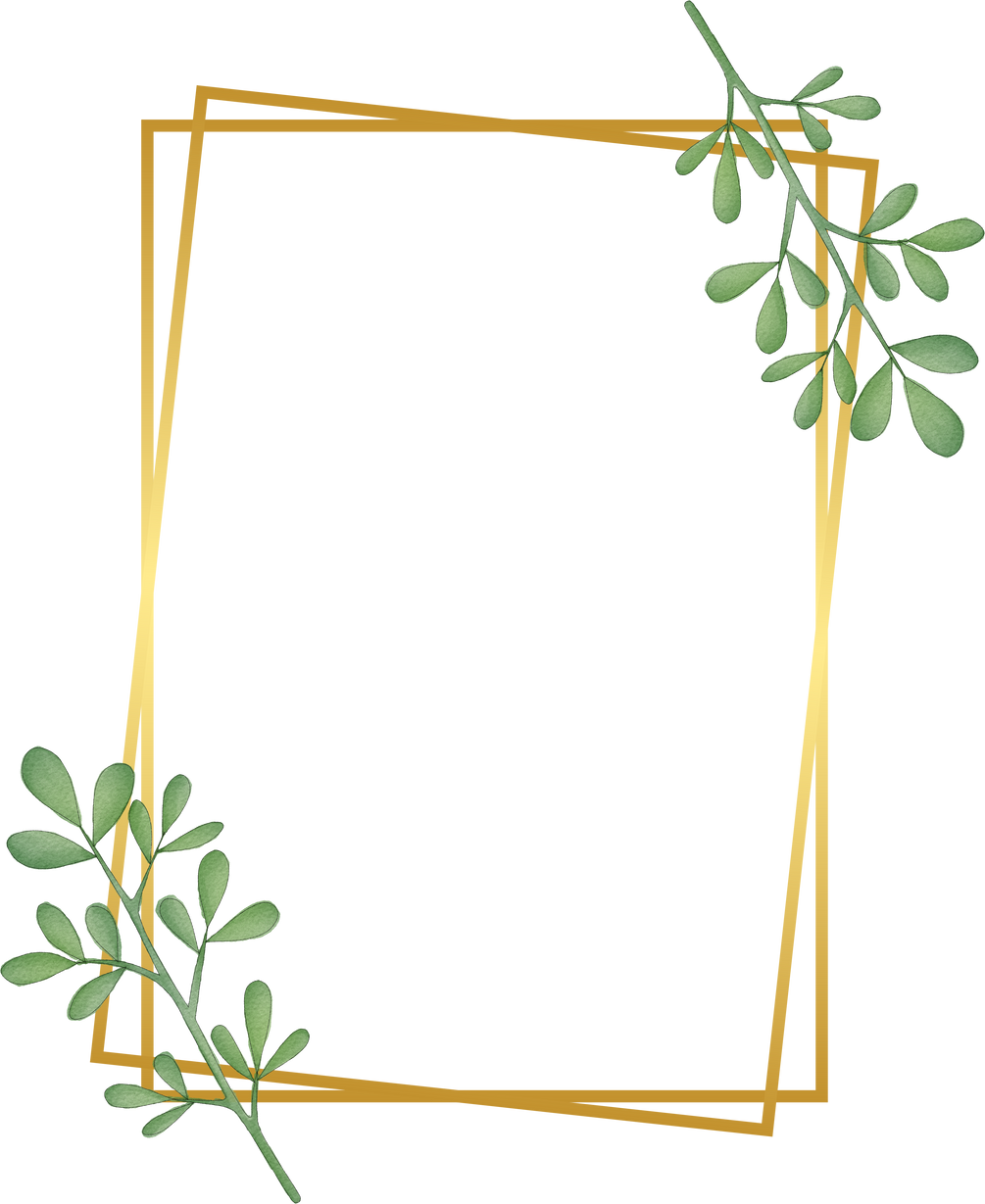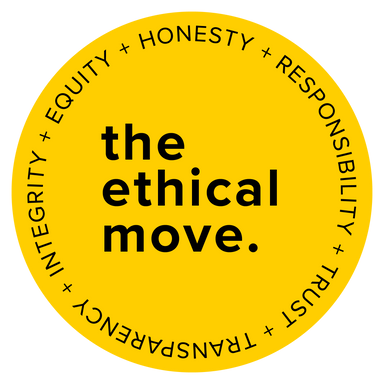<!-- Google tag (gtag.js) --> <script async src="https://www.googletagmanager.com/gtag/js?id=G-R6EMMTN2S5"></script> <script> window.dataLayer = window.dataLayer || []; function gtag(){dataLayer.push(arguments);} gtag('js', new Date()); gtag('config', 'G-R6EMMTN2S5'); </script>


Work With Me

Feeling overwhelmed?
How to deal with stress at work by adding more space and peace
<meta name="msvalidate.01" content="EA5840C0F28E62D33EF2F53DE9E0DDE7" />
Space has come up as a theme for me many times in my adult life. I don’t mean space like needing space from a clingy partner, as it’s normally discussed. Also, I don’t mean space as in the universe- though standing under the stars and moon can bring you a strong feeling of spaciousness.
I mean space as the invisible, calming absence of cluttered thoughts, actions, or items. Space is the peaceful distance between ourselves -centered in our present moment- and never ending intrusions demanding our attention, our time, and our peace.
If we gain space for ourselves, our surroundings, and for others, we will also gain peace, and a method to sustain that peace.
Sometimes it’s not clear that we need space. We feel stressed and overworked, but we might not know it’s from being crowded mentally, physically, or socially. Maybe we are surrounded by people that need to interact with us, surrounded by worries that we feel we need to entertain in order to solve the problem, or surrounded by items we feel we need at hand. Maybe we are simply doing what is expected of us, or following our habits. Here are a couple of clues that you might need some space:
- You feel overwhelmed. This is a big indicator that your mind, body, and/or nervous system needs a break. It’s important to honor this right when you feel it. Sometimes we push past the discomfort too long- ignoring our humanity and choosing production over ourselves. This is your self saying: “Dude, stop for a minute.”
- You feel overstimulated. This feels like getting in the scrolling loop- you feel you can’t get enough, until that point when you're ready to throw the phone because you’re absolutely done. That point where things feel too loud, too bright, too close, too repetitive, too annoying. This is your self saying “OMG, enough.”
- You can’t remember. This can be because you haven’t had any downtime (space) to reflect on your day and your performance. When you are going non stop and don’t take time to process what you’ve completed, how you’ve completed it, and what you’d like to change for the next day it’s hard to form memories about it and your professional growth can be stunted. This is your self saying “Dude, what just happened?”
Four Areas to add space
We’re not always in control of our situations, but if we understand when we need space and where it would make the most impact, we can begin to look for opportunities to create more space for ourselves. Below are areas that typically crowd us, and some ideas to make them more spacious.
1. Physical Environment: Go big to fight stress
Make sure you physically have space to move freely- if not this feeling of restriction will add to overwhelm. You might not be aware that the architecture, lighting, or organization of your environment is sending messy, stressful, or oppressive messages to your subconscious. Six to nine hours of these constant suggestions will certainly have an impact!
If you notice this is a factor for you, look for any opportunity to get more space. Go outside, take your lunch outside, take a walk during your break, take your team meeting as walking meetings if possible, reposition your desk so you are looking out the window instead of towards the wall, schedule time to work in a larger room, work from the library for a day, change your screensaver to the beach, do a standing desk for a day- whatever you can do to add more physical space!
Analyze:
- The Jumping Jack Test: Can you do 10 jumping jacks comfortably, without fear of knocking anything over? This can be a good practice if you have a sitting job- every 25-50 minutes to refresh, gain some perspective, and get your blood flowing.
- Step Challenge- How often do you get up and move around in your work environment? Have you thought of putting something you use frequently far away to force yourself to get up and walk? Some people swear by drinking a huge jug of water so they are required to get up and walk to the bathroom often. Extra points if your steps are outside so you also can benefit from the natural light and fresh air!
2. Space for your Senses:
Control your what you hear and what you see
Sometimes the easiest step to get space in an overwhelming situation is to control your sound environment. Whether it is silence, white noise to drown out loud environment sounds, or calming, non-invasive music, the quickest way to add space is to give your ears a break. Headphones are ideal here, for all parties. This is especially true if you are a musician, have sound sensitivity, or are a HSP (highly sensitive person).
The same is true for what you see- make sure the visuals you are taking in are not adding to your overwhelm. If you are in a messy cluttered environment, your subconscious will take note, and add it to your overall feeling of overwhelm. Aim for clear surfaces, low visual interruptions, and one beautiful, calming, or comforting object within view. Clearing out the visual clutter often also clears out our mental clutter. Take 10 minutes and clear out the clutter in your field of vision, or go to a neutral space. Extra points if there is a window with a view of nature!
Equally important are our senses of smell and touch-can you wear a calming peppermint essential oil necklace vial? Have a calming fidget (like a smooth river rock) or soft cardigan at your desk?
Analyze:
- The skittish dog test: Ask yourself, would a nervous dog be comfortable with the sounds in your environment? Would he be startled or comfortable? If he can relax, it’s probably an OK sound level to be immersed in.
- What do you see test? Look around as if you are a stranger to your workspace, seeing it for the first time. Where is your attention drawn to? Do these items add to your calm, or your overwhelm?
Try this:
- Did you know that some repetitive sounds in the workplace are loud enough to cause hearing loss over time? See how loud or quiet your workspace is with this app from the CDC https://www.cdc.gov/niosh/topics/noise/app.html
- This is my preferred white noise, focus track from Minds in Unison https://www.youtube.com/watch?v=9yr6yIGT7ys
- Check out this awesome article on visual clutter- super interesting science about how clutter distracts us https://apolloansweringservice.com/cluttered-workspace/
3. Space from Media Clutter: Consume Mindfully
Most of the things we are meant to consume- movies, podcasts, articles, short videos- are meant to be entertaining, and keep us glued (with dopamine addiction) to our devices. The more entertaining the video, the more stimulating and engulfing - and the more intrusive on our brain space. This is that moment of forgetting why we picked up our phone, and 30 minutes later we are still looking at funny goat videos (or maybe that’s just me?). Over time our brain is cluttered with things we might not have chosen, thanks to the algorithm, and it pushes out those items that can slow us down and calm us.
Of course this applies to news consumption- before long we are caught up in the shared anxiety of “what is the world coming to?” and with it global overwhelm, on top of your average daily overwhelm.
Be intentional about what you consume, if you know reading the news every morning puts you in a stressful mindset, turn your notifications off, change your startup page, etc.
Analyze:
- Screen Record- Pretend someone is recording your screens, and monitoring everything you look at in a day. If they analyzed the data and put it in a pie chart, what would they find? How much of the pie is devoted to stressful or violent images, and how much to calming, happy images?
- Check in- Draw your attention to how you feel directly after consuming media- How does it affect your mood? Mindset? Point of view? Does that match what you would like for yourself?
Try this:
- For more space consider Slow TV- an idea from Norway. The slow, real-time pace brings you back into the real world, calms you down, and gives your brain some space.
- Here is a playlist of Slow TV I created to share: https://youtube.com/playlist?list=PLTeb-G0vnyvMb6n6hSJB59KxXY_9G-jHK
- Consider pursuing your hobbies on your lunch break, like Dave Newman who took wildlife photos during his lunch! (Good News Network) https://www.goodnewsnetwork.org/animal-photography-by-dave-newman/
4. Brain Space: Balance your functions
Brain fatigue is sometimes difficult to recognize - we would know right away we were tired if we were running or lifting a heavy box, but our brains are so powerful and flexible, it’s hard sometimes to recognize and feel our limits.
Knowing our brain performance limits is really important if your job requires a high level of learning, problem solving, troubleshooting, researching, creativity, manual labor or social interaction. Your brain and body need a moment of stillness to catch up, and even to process in the background the tasks that you have completed. If you can, block out time for “no brainer” activities after moments of heavy cognitive activities. Make sure you take any allotted breaks and personal time. Your goal should be a moment of space and distance from your work-meaning -don’t think about work on your break!
Analyze:
- What makes you tired? Do you notice certain tasks drain you of your mental energy, and other tasks you could do endlessly? This is a hint to an area that probably has a high cognitive load for you, and takes a lot of your energy. Try to categorize the activity- is it- learning, creating, interacting, problem solving, analyzing, or interpreting?
Try this:
How to know if you need space
- Clear the Shelf: When you’re feeling stressed and overwhelmed, or you are stuck in your head or overthinking, this is the perfect time to create brain space. Imagine clearing a shelf of all the clutter, and only placing 2-3 important items on the shelf. These items represent your current values, intentions, or goals for the moment. Nothing else is allowed on the shelf today, but those 2-3 items.

- Do a set: For a quick reset, if leaving your desk or a standing desk isn’t possible, see if you can add in some movement in some way. Maybe pair less preferred tasks with movement as a way to motivate yourself- have a small set of weights and do some reps in between each email response, or do squats as you finally complete that mandated training. For more on how Brain Breaks help (including decision fatigue!), click here for a great article on Psychology Today
So the next time you feel overwhelmed, stressed, overstimulated, and worn out, look for ways to add more space for yourself. Start to look around your environment and notice the space you have and how it affects you. You may be surprised at the positive impact on your productivity even small changes will have! This will bring you peace and a bigger perspective, and rejuvenate your energy.
Want Support?

Coach Tina offers Résumé Writing, LinkedIn Profile Writing, Career Coaching, and Life/Mindset Coaching, all through the lens of strengthening self-belief and courage. Want a Free Resume Reflection Journal click HERE. Want your résumé written professionally? Click HERE to get started. Interested in Career Coaching? Check out my new offers HERE. Interested in Life & Mindset Coaching? Click HERE.
Connect to me:

Interested in seasonal updates, offers, wisdom, and tips to lead your life and courage with more awareness and courage? Sign up for my not too often newsletter HERE.
Contact: Moveforwardincourage@gmail.com
Respect Intellectual Property, Do not reproduce without permission!
2024 Move with Courage Coaching, LLC




